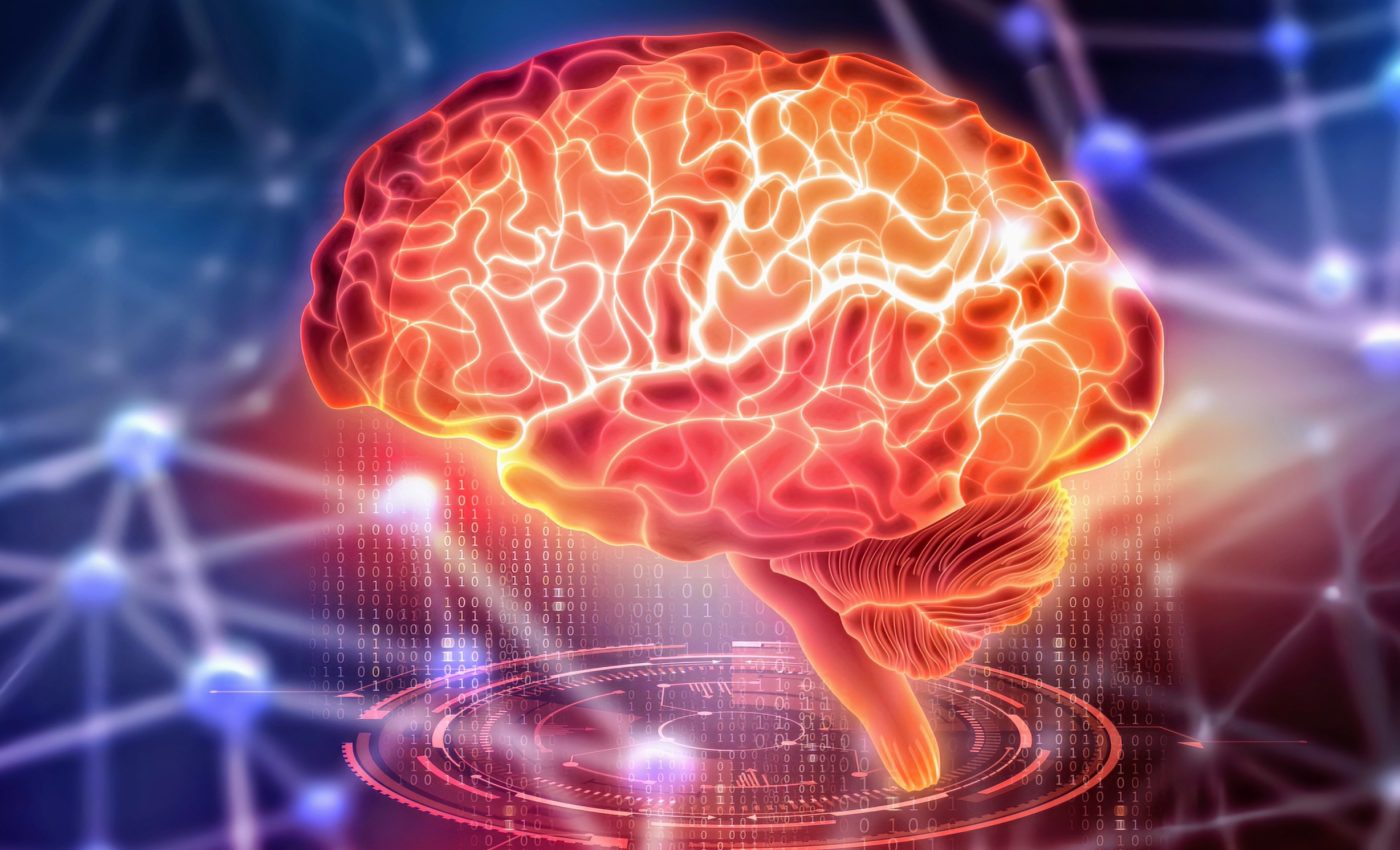
How sleep transforms brain performance
We’ve all been told that a good night’s sleep can do wonders. And indeed, who can deny the refreshing feeling that comes after a great sleep session?
Yet, the intricate processes that unfold in our brains while we’re catching some z’s are still shrouded in mystery.
The intriguing world of sleep studies is seeing some fresh revelations, thanks to the efforts of researchers at Rice University, Houston Methodist’s Center for Neural Systems Restoration, and Weill Cornell Medical College.
A journey of discovery begins
The main purpose of the study was to shed light on the elusive neural mechanisms that enhance cognitive performance during nonrapid eye movement (NREM) sleep.
This is the kind of sleep you experience when you’re taking a quick nap, nothing too deep.
The results of the research could potentially change our understanding of how sleep sharpens our brain and might even open new avenues in treating sleep disorders and identifying methods to enhance cognitive and behavioral performance.
Unraveling the magic of sleep
The researchers began their investigation by studying the neural activity of multiple brain areas in macaque monkeys.
They examined the brain activity of these animals as they performed a visual discrimination task before and after a 30-minute NREM sleep period.
To ensure the animals were indeed sleeping, the team used polysomnography, a method that measures brain and muscle activity.
The results were fascinating. The visual task performance of the animals improved post-sleep and showed enhanced accuracy.
This improvement was found only in the macaques who actually fell asleep – those that remained awake didn’t see the same performance shift.
A deeper dive into sleep’s magic
The effects of sleep on neural activity in the macaques were described by Dr. Natasha Kharas, the study’s first author.
“During sleep, we observed an increase in low-frequency delta wave activity and synchronized firing among neurons across different cortical regions,” noted Dr. Kharas.
“After sleep, however, neuronal activity became more desynchronized compared to before sleep, allowing neurons to fire more independently. This shift led to improved accuracy in information processing and performance in the visual tasks.”
The power of simulating sleep
In their relentless pursuit of understanding sleep’s magic, the researchers went a step further.
They replicated the neural effects of sleep through low-frequency electrical stimulation of the visual cortex in macaques that were awake.
In this way, specific patterns of stimulation could potentially be used to mimic the cognitive benefits of sleep.
Restorative effects of sleep
The implications of the replicated sleep effects are game-changing.
The results hint that the restorative and performance-enhancing effects of sleep could potentially be achieved even without actual sleep.
“The ability to reproduce sleeplike neural desynchronization in an awake state opens new possibilities for enhancing cognitive and perceptual performance in situations where sleep is not feasible – such as for individuals with sleep disorders or in extenuating circumstances such as space exploration,” stated Valentin Dragoi, the study’s co-author.
Deepening our understanding of sleep
According to Dragoi, the study is unique as it not only deepens our understanding of sleep’s role in cognitive function but also breaks new ground by showing that specific patterns of brain stimulation could substitute for some of the restorative effects of sleep.
“We have uncovered a surprising solution that the brain employs after sleep whereby neural populations participating in the task reduce their level of synchrony after sleep, despite receiving synchronizing inputs during sleep itself,” explained Dragoi.
This revelation highlights how NREM sleep effectively ‘boosts’ cognitive function by resetting neural activity.
“Our study not only deepens our mechanistic understanding of sleep’s role in cognitive function but also breaks new ground by showing that specific patterns of brain stimulation could substitute for some benefits of sleep, pointing toward a future where we might boost brain function independently of sleep itself,” said Dragoi.
Broader implications of the research
This fascinating study opens exciting possibilities for practical applications in various fields.
From improving cognitive performance in individuals with sleep disorders to optimizing productivity in high-stakes scenarios, such as military operations or space exploration, the potential is vast.
Additionally, the ability to simulate sleep’s effects could pave the way for innovative therapies for neurodegenerative diseases and mental health conditions, where disrupted sleep plays a significant role.
As research progresses, integrating these findings into wearable technology or non-invasive devices could make cognitive enhancement accessible and customizable for everyday use.
The full study was published in the journal Science.
—–
Like what you read? Subscribe to our newsletter for engaging articles, exclusive content, and the latest updates.
Check us out on EarthSnap, a free app brought to you by Eric Ralls and Earth.com.
—–













